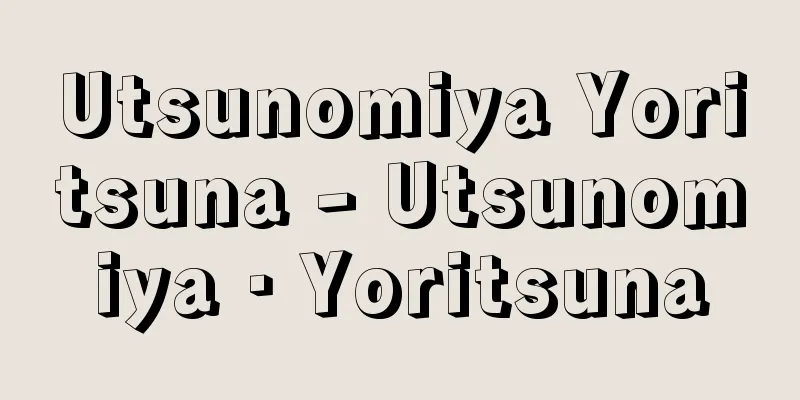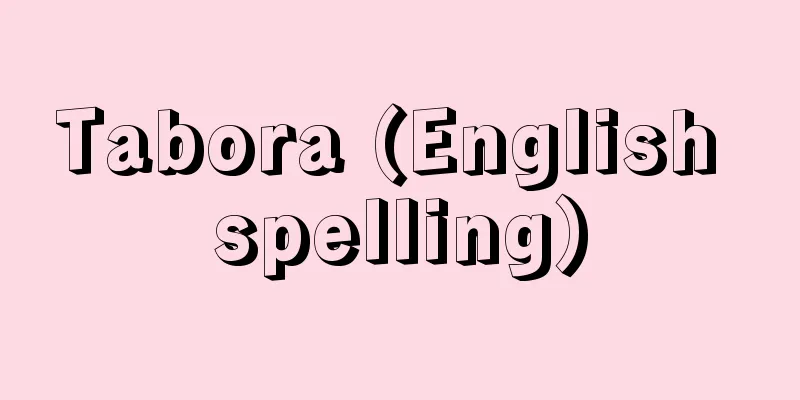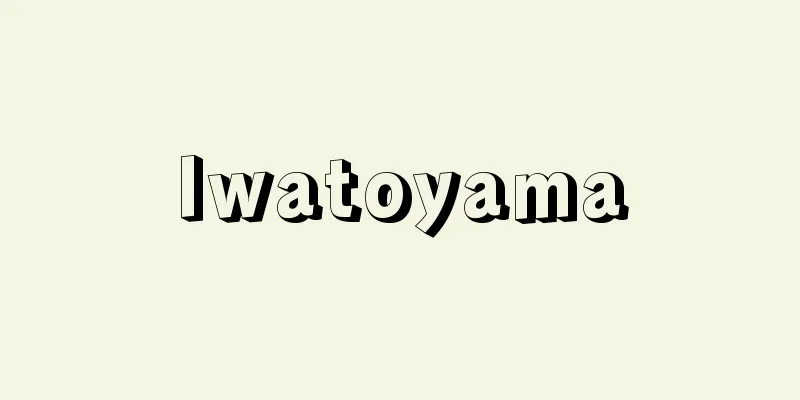Utsunomiya Yoritsuna - Utsunomiya・Yoritsuna

|
Year of death: 1259.12.26 (11.12) Year of birth: Jisho 2? (1178) A military commander and poet of the Kamakura period. His posthumous name was Rensho. He was the son of Utsunomiya Shigetsuna. He was implicated in the crime of his grandfather Tomotsuna's plundering of public land and was exiled, but was soon pardoned. At a young age, he became head of the Utsunomiya clan, a powerful vassal of the Kamakura shogunate, and the son-in-law of Hojo Tokimasa. However, in 1205 (Genkyu 2), he was suspected of being involved in the incident in which Tokimasa's second wife, Maki no Kata, was upheld as Shogun by Hiraga Tomomasa, so he became a monk, proved that he had no ulterior motives, and was pardoned. After this, he converted to Pure Land Buddhism, and together with his younger brother Shinsho (Shioya Tomoyoshi), he became a disciple of Honen's senior disciple Shoku, and was deeply involved with the Seizan sect. With the financial backing of the Utsunomiya clan, he worked hard to restore Ojo-in and protect Honen's remains, while also participating in the construction of temples by the shogunate, but mainly lived in Kyoto. He was allied with Fujiwara Teika, and his daughter became the wife of Teika's eldest son Tameie, thus forming an alliance with the Mikohidari family. Teika maintained a mountain villa in Saga Chuin and requested that Teika compose a shoji waka poem for it, which is said to be the Hyakunin Isshu. On the 80th anniversary of the commission, Tameie and others submitted a poem. The involvement of Rensho, Nobuo and others in the Kyoto poetry circle led to the formation of the unique cultural sphere known as the Utsunomiya poetry circle. Teika himself had 39 poems included in imperial anthologies such as the Shinchokusenshu. The Utsunomiya poetry circle had the most poems included in the Shinwakashu, the greatest collection of any poetry circle. Teika's Meigetsuki states that he was the "strict father" of his son Utsunomiya Yasutsuna. <References> Tonomura Nobuko, Kamakura Poets (Kumiko Tabuchi) Source: Asahi Japanese Historical Biography: Asahi Shimbun Publications Inc. About Asahi Japanese Historical Biography |
|
没年:正元1.11.12(1259.12.26) 生年:治承2?(1178) 鎌倉時代の武将,歌人。法名蓮生。宇都宮成綱の子。祖父朝綱の公田掠領の罪に連座して配流されるがまもなく許され,若くして鎌倉幕府有力御家人宇都宮氏の当主となり,北条時政の女婿となった。しかし,元久2(1205)年,時政の後妻牧の方の平賀朝雅将軍擁立事件の際嫌疑を受けたため出家,異心なきを示し許された。こののち浄土教に帰依,弟の信生(塩谷朝業)と共に法然の高弟証空の弟子となり,西山教団と深くかかわる。宇都宮氏の財力を背景に往生院の再興や法然の遺骨護持などに尽力,一方幕府による寺院造営にも加わるが,主として京に住む。藤原定家と結び,その娘は定家の嫡男為家の室となるなど,御子左家と連携。嵯峨中院に山荘を営みその障子和歌を定家に依頼したものが,いわゆる百人一首かとされる。その八十賀には為家らが詠進。蓮生,信生らのこのような京都歌壇とのかかわりが,宇都宮歌壇という特異な文化圏の形成をもたらした。自身も『新勅撰集』以下の勅撰集に39首入集。宇都宮歌壇の『新和歌集』入集数は集中最多。定家の『明月記』にその子宇都宮泰綱の「厳父」とある。<参考文献>外村展子『鎌倉の歌人』 (田渕句美子) 出典 朝日日本歴史人物事典:(株)朝日新聞出版朝日日本歴史人物事典について 情報 |
<<: Utsunoya Pass - Utsunoya Pass
Recommend
Fujio Egami
Biochemist. Born in Tokyo on November 21, 1910. G...
Matsushima [town] - Matsushima
A former town in the northeastern part of Amakusa ...
Kawamata [Hot Springs] - Kawamata
A hot spring in the upper reaches of the Kinugawa ...
Hammer of Lightning - Kaminari no Tsuchi
...Thus, it is believed that thunder is said to t...
The Far East
…In November 1861 (Bunkyu 1), he became editor-in...
Concealing coloration
… The body color of animals is by no means meanin...
struggle
In short, in a struggle, (1) the direct purpose o...
Kusatsu-shuku
(Kusatsu City, Shiga Prefecture) A tourist attract...
Duke of Athens - Ateneko
…In times of military crisis, Florence received a...
Naval Training School - Kaigunsourenjo
(1) A naval educational institution of the Edo Sh...
Oya no Iwai - Oya no Iwai
…Even today, the naming of newborn babies is done...
March 15 Incident
The first large-scale arrests of the reconstituted...
Environmental Preliminary Survey - Environmental Preliminary Survey
...It is also called environmental impact assessm...
Pressure politics
Pressure groups play a very important role in tod...
Kashiwabara-juku - Kashiwabara-juku
The name of a post town in Sakata County, Omi Prov...






![Shingu [town] - Shingu](/upload/images/67cbe8d769f27.webp)


